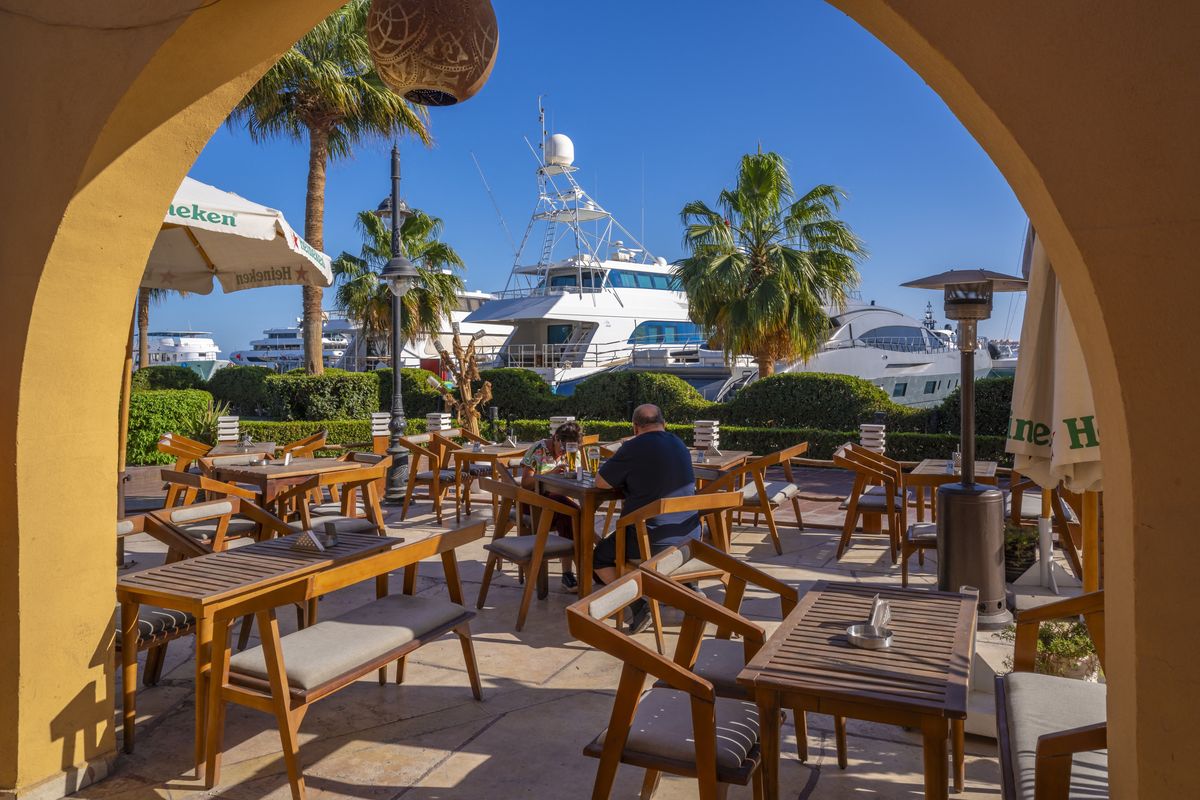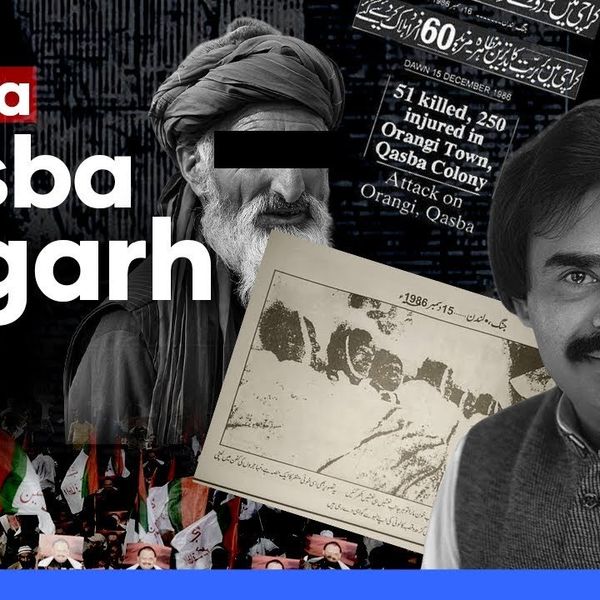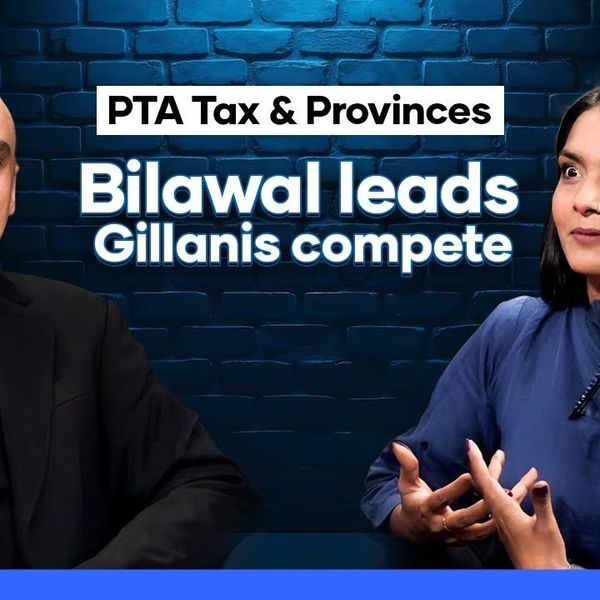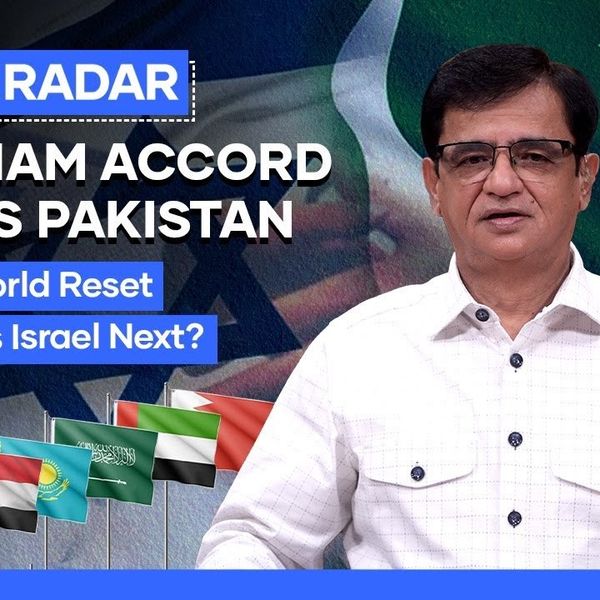Egypt’s economic turnaround: How UAE support is driving recovery and growth
With strategic investments and financial aid from the UAE, Egypt is stabilizing its economy and revitalizing key sectors such as construction, energy, and tourism.

Rana Tabbara
Senior Business Producer
Rana Tabbara is a UAE-based reporter and content creator known for dynamic storytelling, impactful reporting, and high-profile interviews. She interviewed leaders including the UAE Minister of Energy, the Australian Prime Minister, the Saudi Minister of Tourism, the Armenian Minister of Economy, and CEOs of major companies. Rana covered big events like the World Government Summit, LEAP, Cityscape KSA, IDEX, among others. Her previous experiences include The New York Times, CNN Business Arabic, and L'Orient-Le Jour.

Egypt’s commitment to comprehensive reforms, alongside support from the IMF, has played a crucial role in stabilizing its economy and addressing structural weaknesses.
AFP
In recent years, Egypt’s economy has faced a series of challenges that have tested the resilience of its people and government. However, the tides appear to be shifting as significant reforms, combined with external support—particularly from the United Arab Emirates (UAE)—help Egypt regain stability and unlock potential growth.
According to a September 2024 report by PwC’s Middle East Economy Watch, Egypt’s economic recovery is taking shape as key sectors rebound and foreign investments flow into critical areas of development.
Economic challenges and reforms
Egypt’s economic woes have long been a point of concern. High inflation, a volatile exchange rate, and a ballooning debt burden have strained the government’s ability to implement effective fiscal policies.
Yet, the current administration has committed to comprehensive economic reforms aimed at addressing structural weaknesses and stimulating growth.
These reforms focus on improving the business environment, diversifying the economy, and reducing the country’s heavy reliance on external borrowing.
According to PwC, Egypt has made progress in stabilizing its economy by implementing stricter fiscal controls and introducing reforms to the banking and financial systems.
The country’s decision to work closely with international financial institutions, including the International Monetary Fund (IMF), has alleviated some pressure on its economy.
Notably, Egypt’s $12 billion IMF loan, granted under the Extended Fund Facility program, has provided a much-needed safety net, allowing the government to focus on long-term economic goals.
UAE’s role in Egypt’s recovery
One of the pivotal factors in Egypt’s turnaround has been the substantial support from the UAE. The UAE’s assistance comes in the form of both direct investments and economic aid, playing a crucial role in revitalizing Egypt’s key industries, including energy, real estate, and infrastructure.
The PwC report highlights that the UAE has been a long-standing ally of Egypt, with both countries sharing close political and economic ties. In recent years, the UAE has become one of the largest foreign investors in Egypt, contributing to mega projects like the development of new urban areas and the expansion of renewable energy sources.
This investment has spurred growth in sectors critical to Egypt’s economic future, such as construction, tourism, and energy. In addition to investments, the UAE has provided financial aid packages that have helped stabilize Egypt’s currency reserves and reduce fiscal pressures.
By supporting the Central Bank of Egypt with deposits and facilitating easier access to foreign currency, the UAE has played an instrumental role in restoring confidence in the Egyptian pound. This, in turn, has curbed inflation and brought down the cost of imports, improving the overall economic outlook.
Key sectors benefiting from the turnaround
PwC notes that Egypt’s construction and infrastructure sectors have been the biggest beneficiaries of the country’s economic stabilization. The government has embarked on several large-scale projects, including the construction of new cities like the New Administrative Capital and the expansion of existing infrastructure.
These projects not only create jobs but also enhance Egypt’s appeal to foreign investors looking for a stable environment in the Middle East and North Africa (MENA) region.
The energy sector is another area showing significant promise. The UAE’s investments in renewable energy projects, particularly solar power, align with Egypt’s ambitions to transition to a more sustainable and environmentally friendly energy mix.
The construction of the Benban Solar Park, one of the largest solar installations in the world, is a prime example of the synergies between Egyptian and Emirati goals in renewable energy.
Moreover, tourism, a sector that was hit hard by the pandemic, is now witnessing a revival. As political stability improves and Egypt invests in upgrading its tourism infrastructure, visitors are returning to its historical sites, boosting foreign currency reserves.
Future outlook
While Egypt’s economy is on the path to recovery, challenges remain. PwC underscores the importance of maintaining fiscal discipline and continuing structural reforms to sustain the momentum. The government must focus on reducing public debt and diversifying its sources of revenue to avoid over-reliance on foreign aid and loans.
Additionally, Egypt’s long-term economic stability will depend on its ability to attract and retain foreign investment, particularly in emerging industries such as technology and renewable energy.
The collaboration with the UAE provides a strong foundation, but Egypt must continue to create a conducive business environment to encourage further investments from regional and global partners.










Comments
See what people are discussing